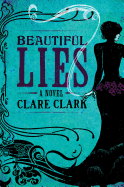Following DOJ Settlement, E-Discounting Begins
 The fallout from the Justice Department settlement with three publishers over the agency model for e-books has begun sooner than most observers expected. HarperCollins has changed its agreements with Amazon and at least several other online retailers, including BooksonBoard, and prices on e-books on those sites have already fallen.
The fallout from the Justice Department settlement with three publishers over the agency model for e-books has begun sooner than most observers expected. HarperCollins has changed its agreements with Amazon and at least several other online retailers, including BooksonBoard, and prices on e-books on those sites have already fallen.
The final settlement was approved by a federal judge last Thursday; changes were to begin taking place starting a week after that judgment.
A widely quoted e-mail from HarperCollins spokesperson Erin Crum confirmed the change. She wrote: "HarperCollins has reached agreements with our e-retailers that are consistent with the final judgment. Dynamic pricing and experimentation will continue to be a priority for us as we move forward."
Similarly, Amazon spokeswoman Sarah Gelman wrote: "We are happy to again be lowering prices on a broad assortment of HarperCollins titles."
Titles that are discounted note, "Sold by HarperCollins." Titles still under the agency model note, for example, "Price set by Penguin."
CNet may have summed up the situation with this headline: "Publishers' worst nightmare: Amazon again on discount warpath."



SHELFAWARENESS.1222.S1.BESTADSWEBINAR.gif)


SHELFAWARENESS.1222.T1.BESTADSWEBINAR.gif)
 Effective April 1, Michael Pietsch, currently executive v-p of Hachette Book Group and publisher of Little, Brown, will succeed Young as CEO. He has been publisher of Little, Brown for 11 years.
Effective April 1, Michael Pietsch, currently executive v-p of Hachette Book Group and publisher of Little, Brown, will succeed Young as CEO. He has been publisher of Little, Brown for 11 years.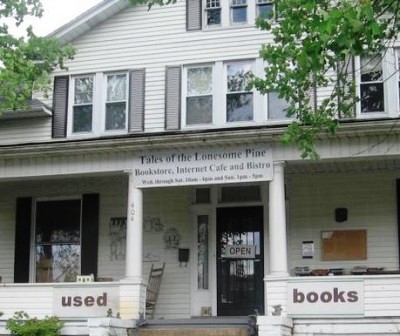 Tales of the Lonesome Pine Used Bookstore
Tales of the Lonesome Pine Used Bookstore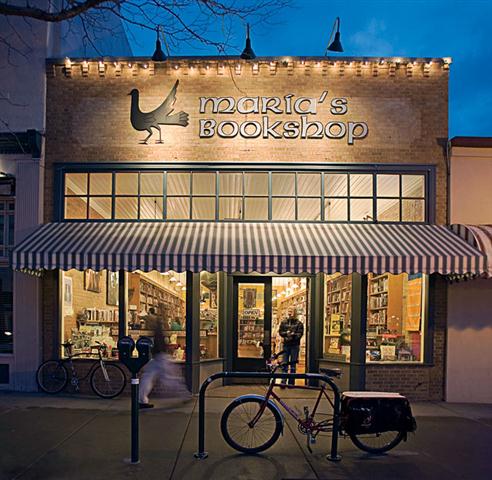
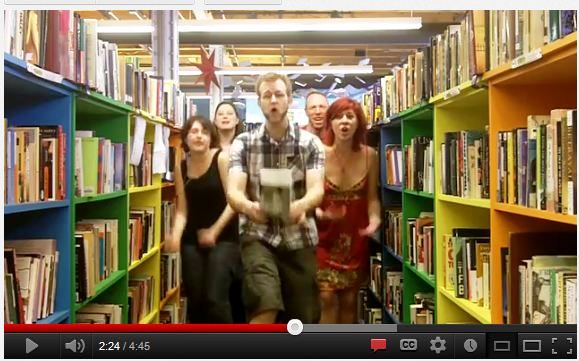 Open Books
Open Books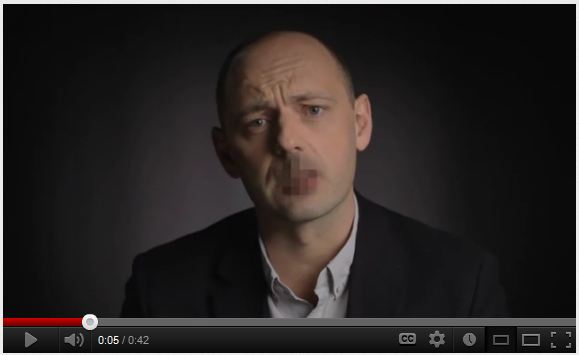 Sexy Little Numbers: How to Grow Your Business Using the Data You Already Have
Sexy Little Numbers: How to Grow Your Business Using the Data You Already Have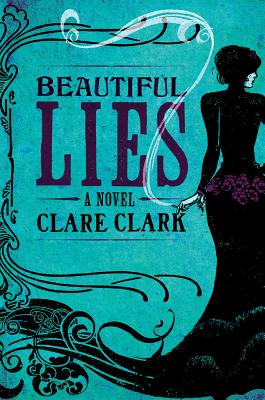 Clare Clark's Beautiful Lies was inspired by the real-life story of Gabriela Cunninghame Graham, wife of the aristocratic writer and parliamentarian Robert Cunninghame Graham, well known in the 1880s for his relentless Socialist politics. Clark sets her novel in 1887, the year of Queen Victoria's Golden Jubilee, but not everyone is celebrating--riots caused by unemployment and homelessness make the chasm between the haves and the have-nots open ever wider; the parallels between 19th-century Britain and today's world are easily drawn, but never in a preachy or obvious way.
Clare Clark's Beautiful Lies was inspired by the real-life story of Gabriela Cunninghame Graham, wife of the aristocratic writer and parliamentarian Robert Cunninghame Graham, well known in the 1880s for his relentless Socialist politics. Clark sets her novel in 1887, the year of Queen Victoria's Golden Jubilee, but not everyone is celebrating--riots caused by unemployment and homelessness make the chasm between the haves and the have-nots open ever wider; the parallels between 19th-century Britain and today's world are easily drawn, but never in a preachy or obvious way.